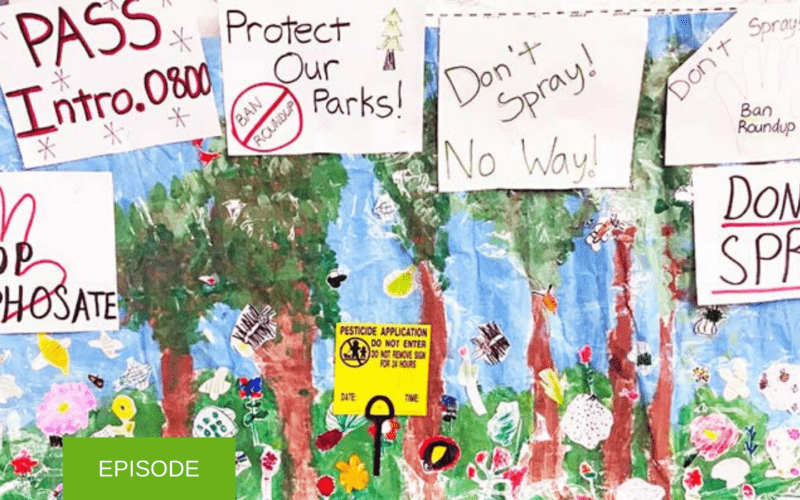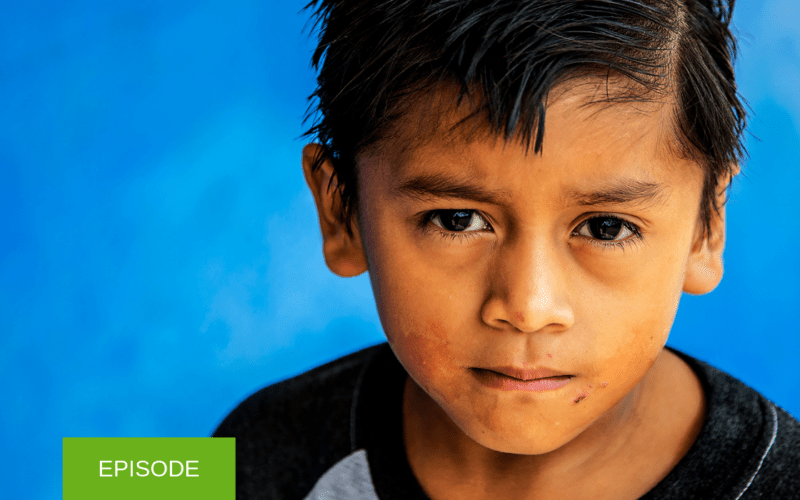Paula Rogovin: Creating a social justice early childhood classroom
We speak with Paula Rogovin, who taught kindergarten and first grade in NYC public schools for 44 years. Paula empowered the youngest students to become researchers and activists. She encourages students to ask questions (“anything goes”) and research is interdisciplinary, comprising literature, social studies, art, music, and science. Cultural relevance evolves organically from the research. When students discover injustices, Paula encourages them to channel their anger to become agents of change. Paula’s advice for new teachers, “Teach what you are required to teach, and stretch it.”
Read More




